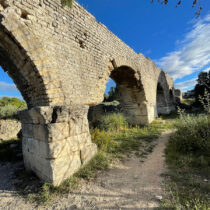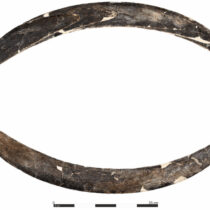Since 1998 the Celtic Conference in Classics (CCC) has rotated among universities in Britain, France and Ireland. In 2017 the CCC expanded into Québec, Canada, and in 2019 to Portugal. The CCC includes upwards of 20 panels on broad topics in Classics (Greco-Roman history, philosophy, literature, archaeology, reception) with roughly 15-20 presenters for each panel. The CCC allows each panel to explore fundamental questions in classical studies. Essentially, 20 large-scale conferences on major research topics in Classics occur simultaneously. Scholars are encouraged to move between panels in order to shape interdisciplinary perspectives and approaches. Academic cross-fertilization is imperative. Specialist panels are open to experts from other subject-areas and scholars from different national traditions are encouraged to build international academic networks among their home institutions in order to foster future collaboration. The CCC is a democratic, inclusive organization that invites scholars and students to discuss fundamental issues of Greco-Roman society and culture. The official languages of the CCC are English and French.
Considering that each slot of the conference has a duration of 50 min., and that a minimum of 10 min. of this time has to be kept for discussion of the presentations, two types of paper per slot (either one of 40 min. or two of 20 min.) are accepted.
Accepted languages: it is up to the panel organizers, in recruiting their panel members, to indicate their range of language(s) for academic discourse. All panels should in principle consider submissions in English, French, and Portuguese. The organization of the event will use English as its official language, for the sake of wide international accessibility.
The final programme of each panel must be submitted to the Organizing Committee by 15 March 2023.
We recommend 10 as minimum number and 15 as maximum number of speakers per panel.
All members of each panel (organizers and speakers) are required to pay the Registration Fee.
Important dates
Call for papers: 20 November 2022 – 20 February 2023
Final programme of the panels: 15 March 2023
Conference format
In-person presentations are preferred, but remote presentation of individual papers will be possible, ideally for a minority of papers in each panel. No online-only panels will be accepted.





